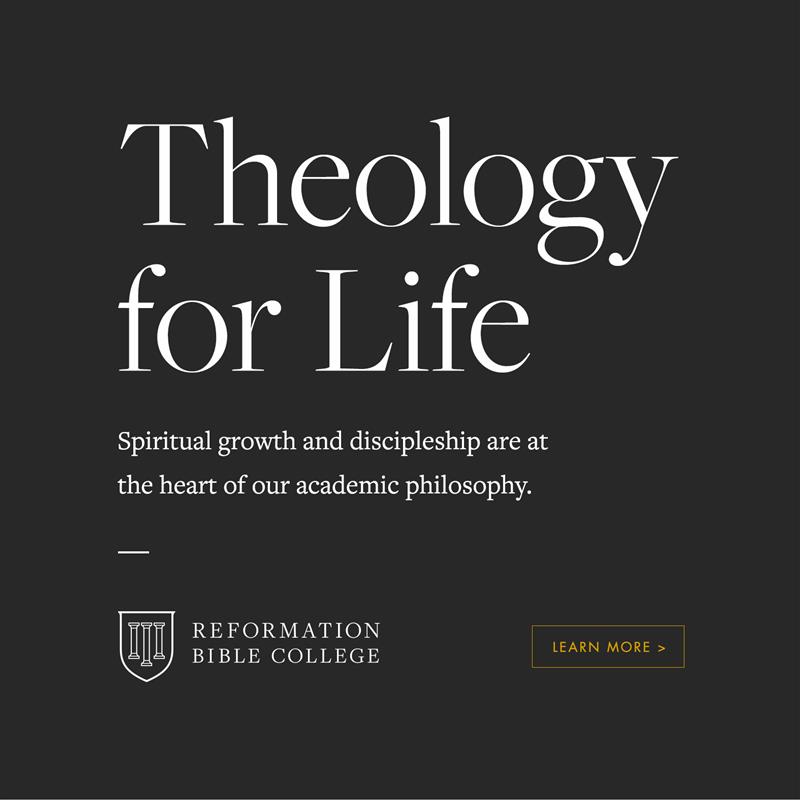God speaks to us in his two books: Nature and Scripture (Ps. 19). While his unwritten word (Nature) does not speak of the written word (Scripture), that is, general revelation does not contain special revelation, his written word does speak about his unwritten word. Proverbs 3:19, for example, reads, “The LORD by wisdom hath founded the earth; by understanding hath he established the heavens” (KJV). This single text is worth a lifetime of reflection as we explore the beauty of creation; but allow me to make a few observations.
Prior to this verse (vv. 13-18), Solomon speaks about the happiness and blessings of the man who finds wisdom. Wisdom is to be treasured above all else and is even said to be “a tree of life,” which of course points us back to the creation narrative in Genesis 2. That is, wisdom imparts life and gives rise to a life well lived. It’s as if Solomon is saying, “If you wish to mimic God, be wise, for God is all-wise and made all things in wisdom.” Indeed, “For the LORD giveth wisdom: out of his mouth cometh knowledge and understanding” (Prov. 2:6, KJV). To seek and find wisdom, therefore, is to seek and find God (Prov. 2:1-5).
Now, there is a reason why we have sciences like biology (living things), geology (earthly things), and astronomy (heavenly things). It is because there is wisdom in the birds and the trees and the planetary bodies; and such things were made for our discovery, wonder, and ordering (Gen. 1:28: 2:15, 20). It is wisdom that fruit trees bear fruit with its seed in them that they may reproduce to continually feed man and animal (Gen. 1:29-31). It is wisdom to look at the stars to discern seasons, days, and years (Gen. 1:14). These sciences are the result of God placing man over his creation to manage it.
The cosmos, the ordered and harmonious creation, is abundant with information; even naturalistic materialists can’t help but use the language of design when speaking about nature, attributing to evolution a mind with foresight. This information implies intelligence, and “only intelligence can explain the origin of the biological information necessary to build the first life and new forms of life” (Turek 57).
So, there is wisdom all around us. It is wisdom to connect the dots of the celestial bodies. It is wisdom to fear him who made them, while foolishness is bound up in the one who despises (Prov. 1:7). It is this wisdom in creation that led scientists of old to do what they did: “The works of the LORD are great, sought out of all them that have pleasure therein” (Ps. 111:2, KJV). Belief in God did not hinder their studies; it fueled their studies.
What is the wisdom of the trees and the seas?
What does all this have to do with me?
What of me and you
Are not our bodies made of wise stuff too?
And what of this tugging within?
Does not our conscience speak to us of sin?
Naturalistic materialism, the belief that everything can be explained by natural means and that all that exists is the material world, is quite frankly the philosophy of fools. According to this worldview, meaning, morals, and the mind are reduced to the stuff of chemistry – reactions in the body and brain. The brain is the mind, and the mind is the brain, and “chemical reactions” is the name of the game. The meaning of life simply becomes what each of us make of it; but if so, why bother? Why bother bothering when there is nothing ultimately to be bothered with? Right and wrong are often relegated to subjective feelings and/or cultural preferences, but these are always changing. However, as C. S. Lewis rightly articulated, there is a Law that transcends all laws and holds us all accountable:
The laws of nature, as applied to stones or trees, may only mean ‘what Nature, in fact, does’. But if you turn to the Law of Human Nature, the Law of Decent Behaviour, it is a different matter. That law certainly does not mean ‘what human beings, in fact, do’; for as I said before, many of them do not obey this law at all, and none of them obey it completely. The law of gravity tells you what stones do if you drop them; but the Law of Human Nature tells you what human beings ought to do and do not. In other words, when you are dealing with humans, something else comes in above and beyond the actual facts. You have the facts (how men do behave) and you also have something else (how they ought to behave). [Lewis 17-18]
It is wisdom to resist the thinking that says otherwise, no matter its prevalence in the current cultural moment. “Wisdom is the principal thing; therefore get wisdom: and with all thy getting get understanding” (Prov. 4:7, KJV). The wisdom of creation is to result in praise and wonder, not of the creation itself, but of the One who in wisdom made it: “O LORD, how manifold are thy works! In wisdom has thou made them all: the earth is full of thy riches” (Ps. 104:24). Only God can fit an oak tree in an acorn. Only God can spin the heavenly spheres in their orbits. Only God can mold man from clay and say, “Live!,” and the clay obey. Let us, then, worship and wonder at the wisdom of God; and in so doing, be wise.
Works Cited
Lewis, C. S.Mere Christianity. HarperOne, 1980.
Turek, Frank.Stealing from God: Why Atheists Need God to Make Their Case. NavPress, 2014.









